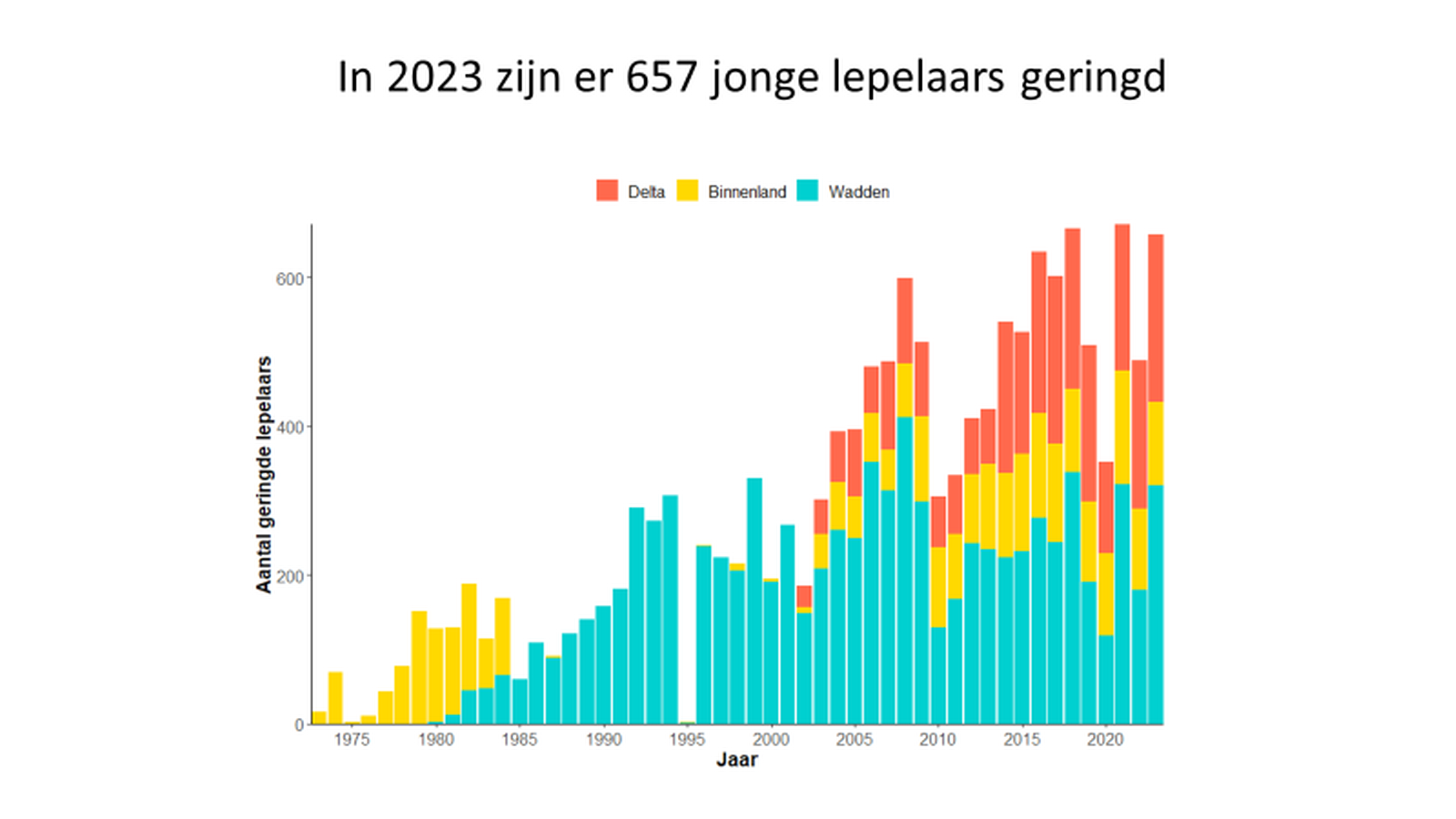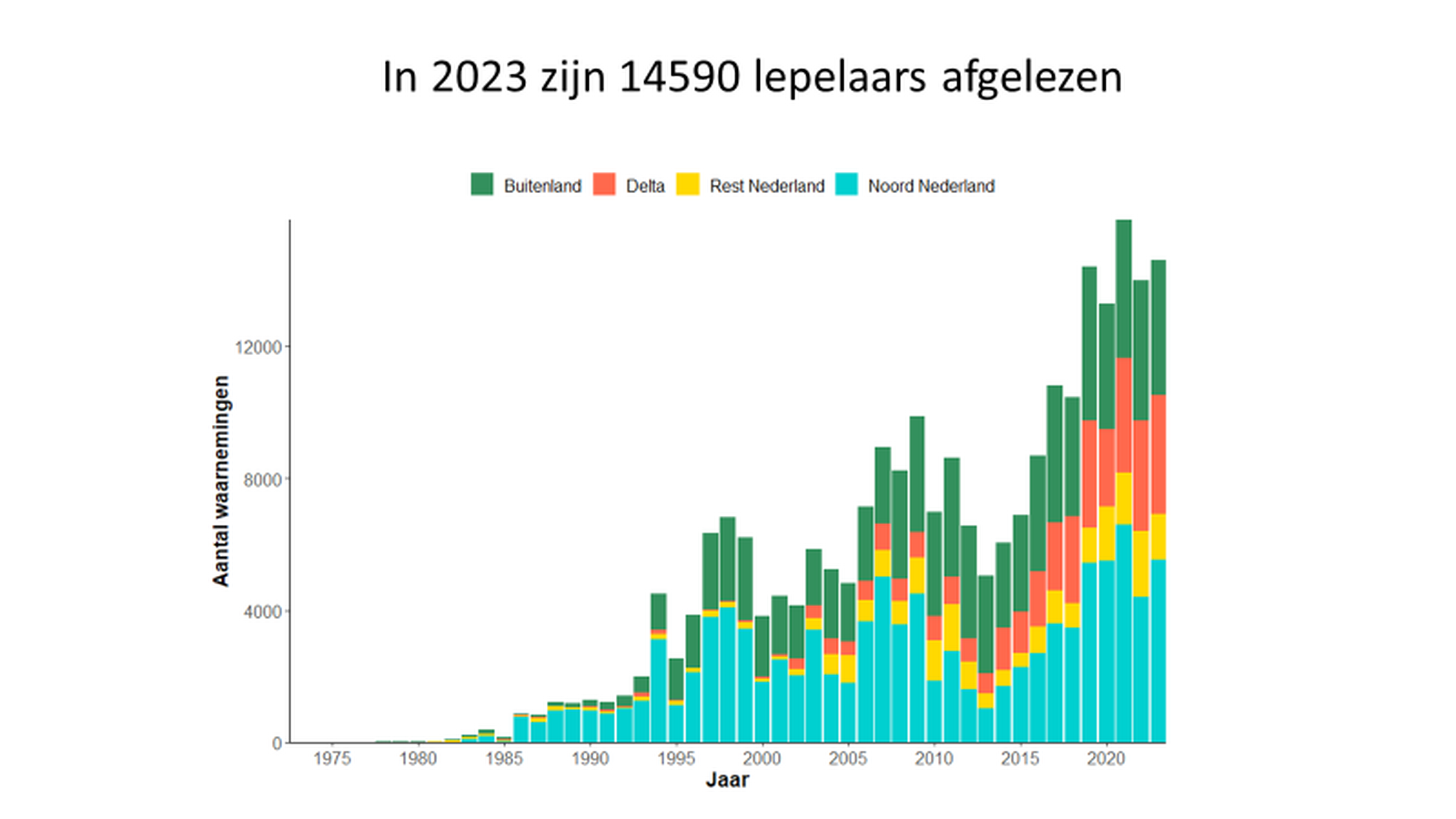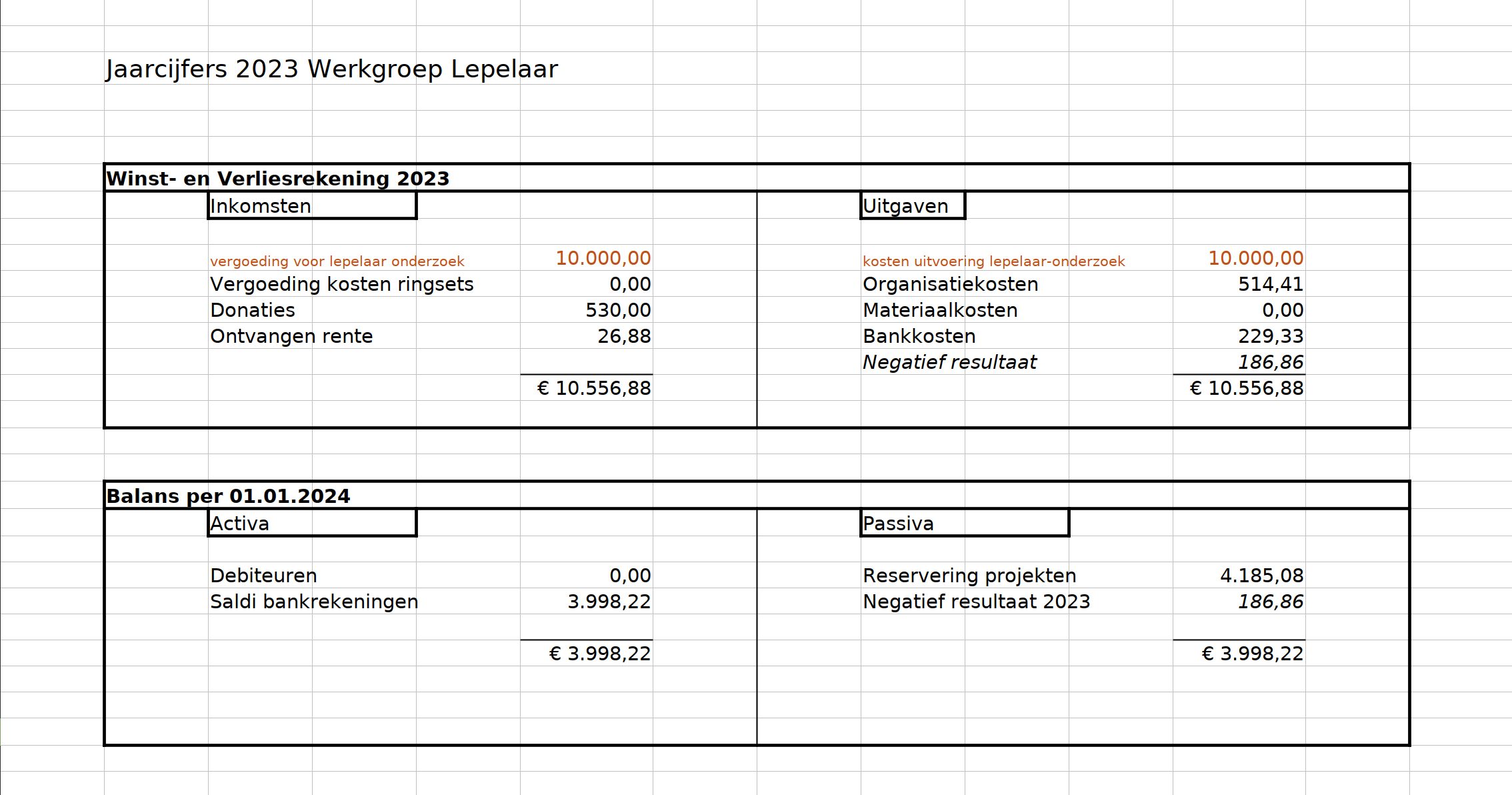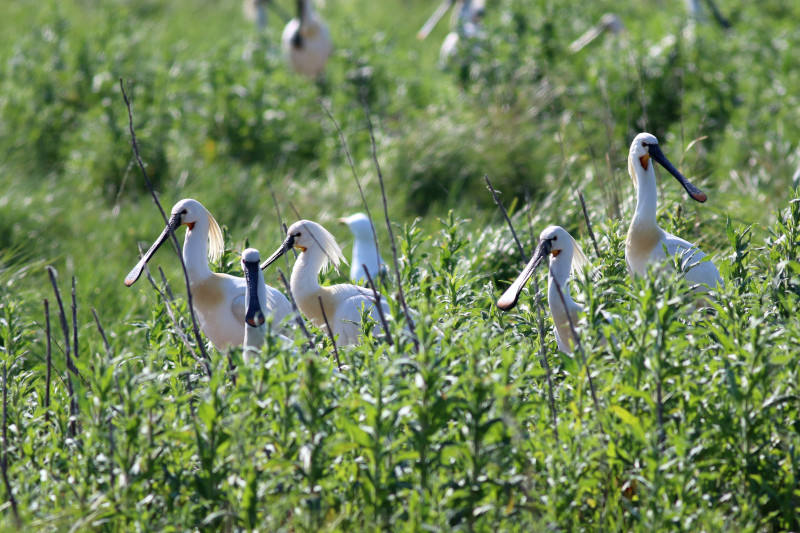01. Our mission
Werkgroep Lepelaar researches development of spoonbill populations and the state of their habitats worldwide with the goal of protecting both spoonbills and their habitats.
- Protect
02. Our approach
Besides spoonbill diets in the Waddensea we focus our research on colour ringing of young spoonbills in the colonies and observing these rings in and outside the colonies. Reading and processing of these data is done by volunteers.
- Research
03. Our philosophy
We believe that publishing research results and informing the great public helps protecting spoonbills and their habitats.
- Publish


About us - Werkgroep Lepelaar
Goals
- To carry out, promote, coordinate and/or make financially possible fundamental and applied scientific research into the demography and ecology of the wild populations of the spoonbill Platalea leucorodia leucorodia and P. leucorodia balsaci and the little egret Egretta garzetta;
- To encourage or improve the protection of wild spoonbill populations and their habitats;
- To publish and make the research results accessible, also for the general public, and provide information about the research, the biology of the spoonbill and the management and protection measures for the benefit of the spoonbill populations and their habitats.
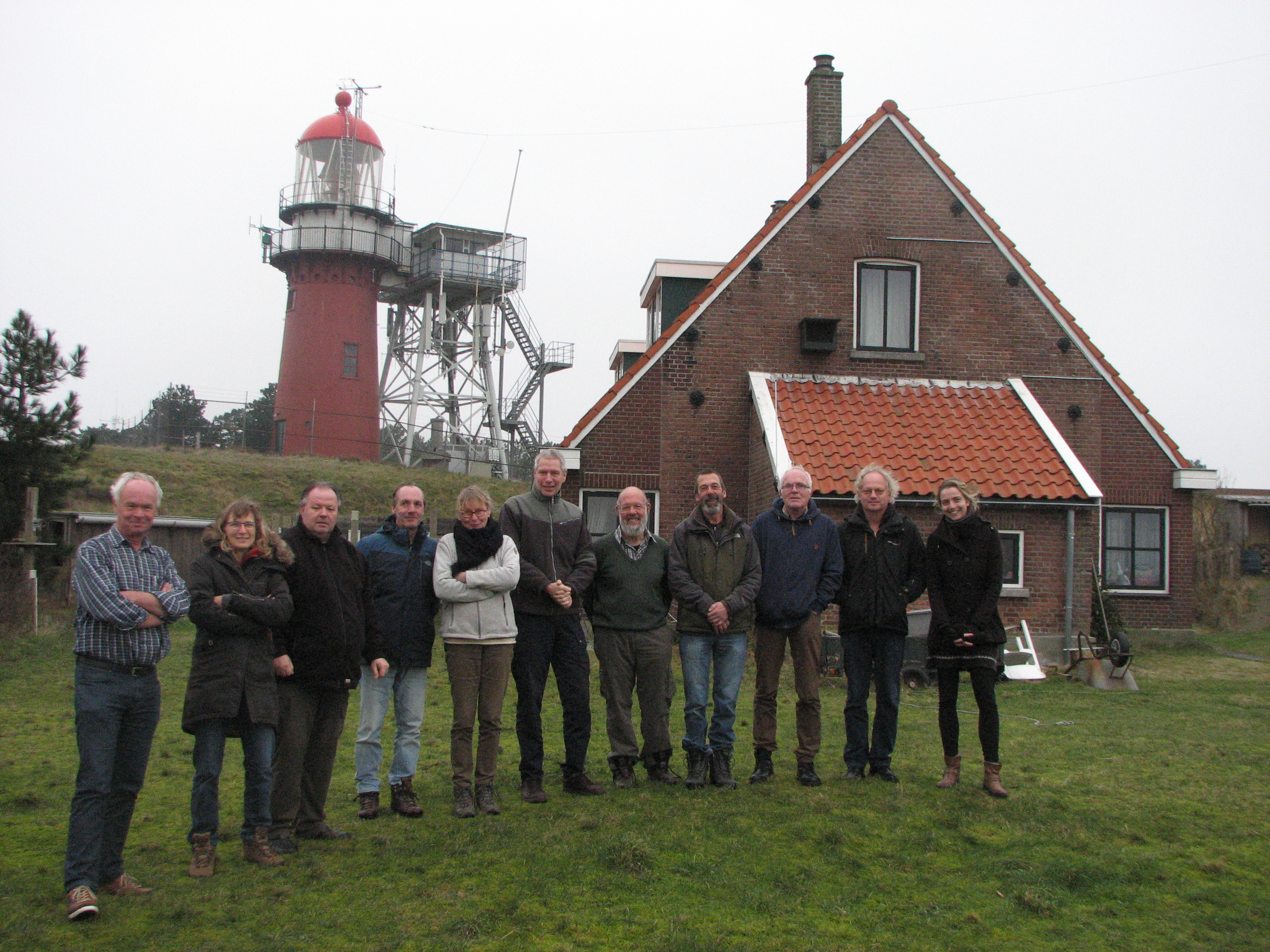
About us - Werkgroep Lepelaar
Board members
| Chairman: | Tamar Lok |
| Treasurer: | Harry Horn |
| Secretary: | Femke van den Berg |
| Board member: | Petra de Goeij |
| Board member: | Mark Hoekstein |
Remuneration policy: the board is unpaid
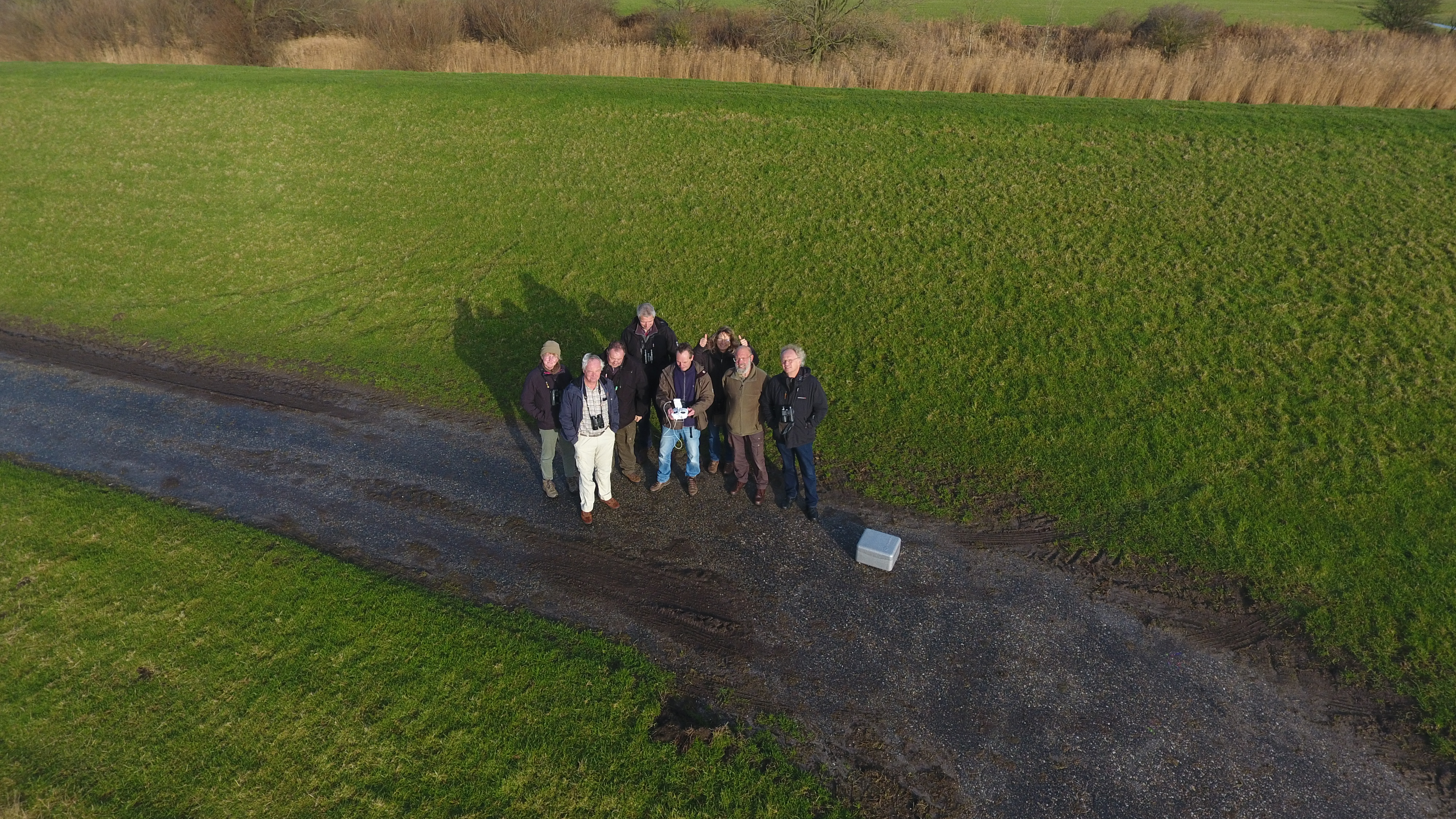
About us - Werkgroep Lepelaar
Policy
Download our policy plan in PDF format here
Main lines of the policy plan:
By monitoring colonies, ringing young spoonbills and processing feedback in a database, a picture is obtained of the size of populations, the distribution area, the migration routes and bottlenecks.About us - Werkgroep Lepelaar
Annual report 2023
In 2023, the Spoonbill Working Group ringed 657 spoonbills and read 14590 spoonbills. See figures 1 and 2 for the numbers over the past 45-50 years.
In 2023, 4027 pairs of spoonbills have bred in the Netherlands: 2069 on the Wadden, 1035 in the Delta and 923 on the mainland. In total there were 83 colonies: 28 on the Wadden Islands, 22 in the Delta and 33 on the mainland. A new colony is Molenbos, Heemskerk in North Holland with 8 pairs.
Fortunately, few bird flu victims have been reported. All the swap and blood samples were also negative.
As in previous years, the Working Group has given various lectures for Bird Working Groups and other nature organisations.
The Working Group has asked TenneT to attach good flaps to high-voltage lines, due to the high number of wire casualties. But that didn't happen.
The Working Group has spoken out against a possible electricity pipeline through Schiermonnikoog and the mudflats south of it.
Articles: Tamar Lok, Jeroen van Wetten
Earlier reports: 2022
About us - Werkgroep Lepelaar
Activities
The annual fieldwork of Werkgroep Lepelaar will be continued, as will the processing of the birds reported back in the database. The nature of the fieldwork entails intensive contacts with terrain management authorities (mostly Staatsbosbeheer, Natuurmonumenten and Provincial Landscapes), with related organizations in the Netherlands and abroad, and with scientific institutions (University of Groningen and Netherlands Institute for Sea Research (NIOZ)). The working group also participates in the 3-yearly meetings of the Eurasian Spoonbill International Expert Group (ESIEG), as held in Spain, France, Tunisia ans Croatia in recent years. In addition, several lectures were held in 2019 en 2022 by Petra de Goeij and Harry Horn.
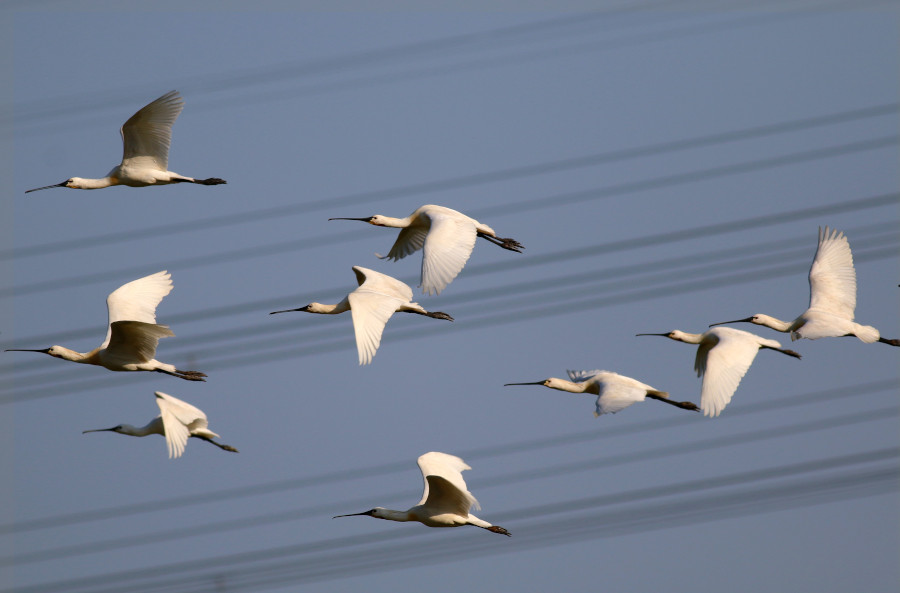
Spoonbills in flight - Photo: Kees Vliet Vlieland
About us - Werkgroep Lepelaar
International cooperation
Eurosite Spoonbill Network
In Europe we have two spoonbill populations, the western and the eastern. Researchers and conservationists from both populations regularly meet in the Eurosite Spoonbill Network. In 2012 there was a Workshop in Santona, northern Spain where participants from 12 countries listed the developments in spoonbill populations. The proceedings of the meeting were published in 2014.
In 2018 there was a meeting in Tunisia and in 2022 in Croatia.
Newsletter
The Eurosite Spoonbill Network has published a number of newsletters.
Download the newsletter Spoonbills_Newsletter 3_2005.pdf here
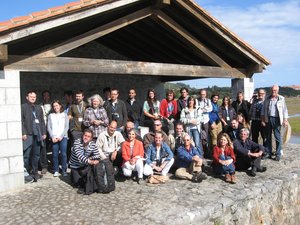
The participants in Santona
About us - Werkgroep Lepelaar
ANBI
Werkgroep Lepelaar is a Public Benefit Organization (Dutch:ANBI). This means that if you want to make a donation, it is tax deductible.
| Name of the institution: | Werkgroep Lepelaar |
| RSIN: | 815714439 |
| Contact person: | H. Horn, Burg.van Heusdenweg 15, 8881 EC West Terschelling |
| Werkgroep lepelaar IBAN: | NL21 INGB 000 7334 297 |
How you can help
-
Becoming a donor
To help us with our work, gifts and donations are very welcome. Donations are tax deductible because the working group has an ANBI status. You can become a donor for a minimum of € 15 per year.
Please contact us and we will be happy to help you. -
Adopting a spoonbill
You can adopt a specific spoonbill for a minimum of € 15. For example, adopt the bird you have been observing for years in your neighborhood!
If you would like to adopt a spoonbill but do not have a specific bird in mind, the working group can assign you a bird.
You will then receive a complete life history of the spoonbill you have adopted once a year.This way you can see where he/she has been.
You can submit a request via our contact form. -
Reporting color rings
You can contribute to our research project by reporting observed color rings.
Read here how it works.
© Werkgroep Lepelaar 2024


